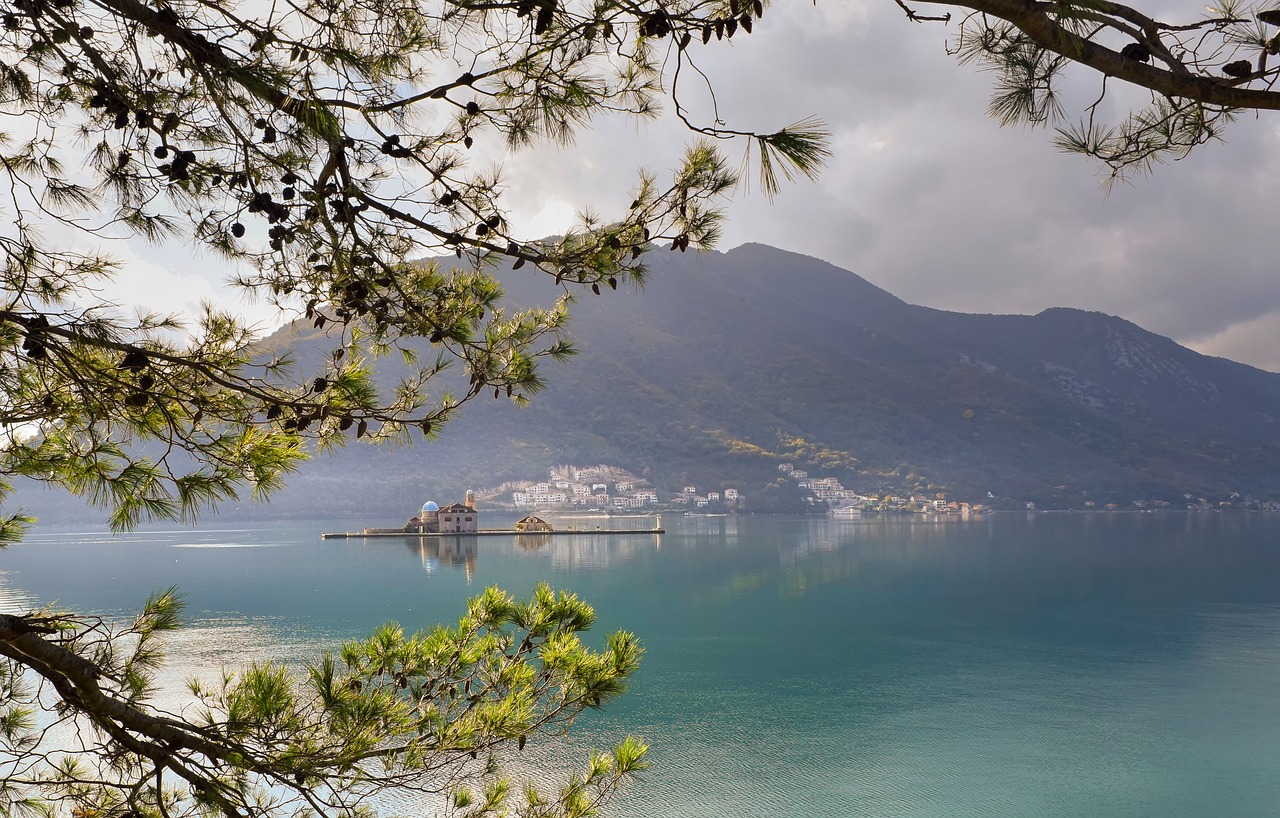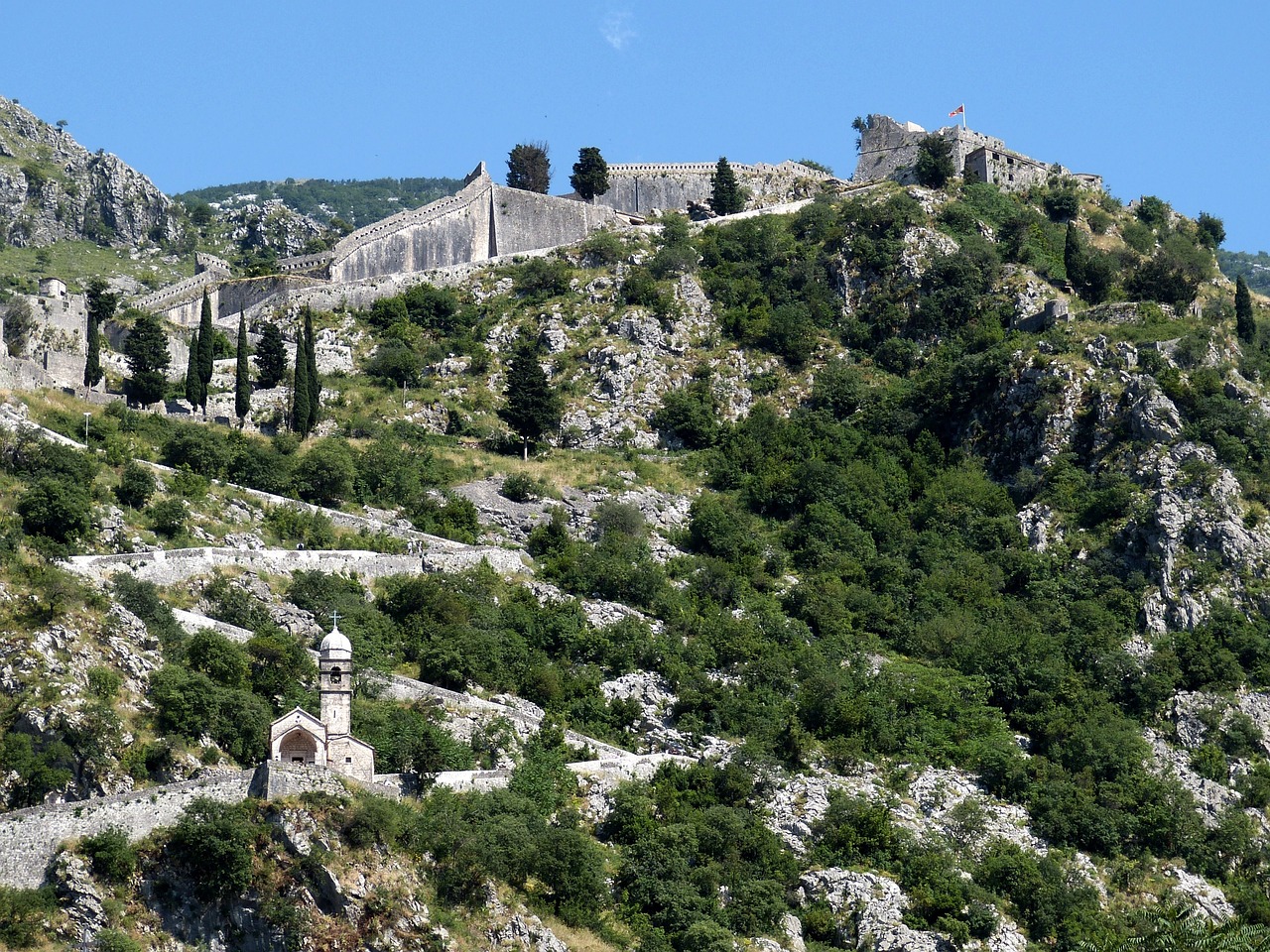Montenegro Video
Cultural Etiquette: Doing Business in Montenegro
Montenegro is a beautiful country located in Southeastern Europe. Its rich history, stunning landscapes, and vibrant culture make it an attractive destination for both tourists and business ventures. When it comes to doing business in Montenegro, understanding and respecting the local cultural etiquette is essential for building successful relationships and conducting business effectively. In this article, we will explore the key aspects of cultural etiquette to keep in mind when doing business in Montenegro.
Business Culture
Montenegro has a unique business culture influenced by its historical background and geographical location. The country’s business environment is a blend of traditional values and modern practices. Understanding and adapting to this culture is crucial for establishing trust and credibility with Montenegrin business partners.
- Hierarchical Structure: Montenegrin businesses often have a hierarchical structure, with decision-making authority concentrated at the top. It is important to show respect to senior executives and follow the chain of command.
- Formal Attire: Dressing formally is customary in Montenegrin business settings. Men should wear suits and ties, while women should opt for conservative and professional attire.
- Punctuality: Being punctual is highly valued in Montenegro. Arriving on time for meetings and appointments demonstrates respect for others’ time and professionalism.
- Business Cards: Exchanging business cards is a common practice in Montenegro. Ensure that your business card includes your full name, title, and contact information. Present and receive business cards with both hands as a sign of respect.
- Business Language: The official language of Montenegro is Montenegrin. While English is widely spoken in business circles, it is advisable to learn basic greetings and phrases in Montenegrin to show appreciation for the local culture.
Building Relationships
Developing strong relationships is crucial in Montenegrin business culture. Trust and personal connections play a significant role in conducting successful business transactions. Building rapport with your Montenegrin counterparts will contribute to long-term partnerships and fruitful collaborations.
- Personal Connections: Montenegrins value personal connections and prefer doing business with individuals they know and trust. Invest time in networking and building relationships before expecting business opportunities.
- Small Talk: Engaging in small talk is common during initial meetings. Topics such as family, hobbies, and Montenegrin culture can help establish a friendly atmosphere and create a personal connection.
- Gift Giving: Presenting small gifts as a token of appreciation is a common practice in Montenegro. Gifts should be thoughtful and reflect the recipient’s interests. Avoid extravagant or overly expensive gifts, as they may be seen as inappropriate.
- Follow-up: After meetings or negotiations, it is essential to follow up with a personalized email or phone call to express gratitude and reinforce the relationship. Promptly responding to communication is highly valued.
- Respect for Elders: Montenegrin society places great respect on elders. Show deference to senior members of the business community and seek their guidance and advice when appropriate.
Negotiation and Communication
Negotiating business deals in Montenegro requires a diplomatic and patient approach. Effective communication and understanding the nuances of Montenegrin negotiation style are crucial for achieving successful outcomes.
- Indirect Communication: Montenegrins tend to use indirect communication styles. They may express their opinions or concerns subtly, relying on nonverbal cues or context. Pay attention to body language and read between the lines.
- Building Consensus: Montenegrins prefer consensus-based decision-making. Take the time to listen to all stakeholders’ opinions and involve them in the decision-making process. Rushing decisions may be viewed negatively.
- Respectful Disagreement: It is acceptable to express disagreement during negotiations, but it should be done respectfully and without causing offense. Maintain a calm and composed demeanor, focusing on finding common ground.
- Flexibility: Montenegrins appreciate flexibility and adaptability in negotiations. Being open to compromise and finding mutually beneficial solutions will contribute to building trust and reaching agreements.
- Nonverbal Communication: Pay attention to nonverbal cues such as facial expressions, tone of voice, and gestures. Montenegrins value personal connections, and nonverbal communication plays a significant role in building rapport.
Montenegro Image 1:

Business Meetings and Etiquette
Conducting successful business meetings in Montenegro requires adherence to specific customs and etiquette. Understanding and respecting these practices will contribute to a positive and productive meeting environment.
- Formal Greetings: Begin meetings with a formal greeting, such as a handshake. Maintain eye contact and address individuals using their appropriate titles and surnames.
- Seating Arrangements: The most senior person typically sits at the head of the table, with others arranged in descending order of importance. Wait to be directed to your seat, and avoid changing seats during the meeting.
- Presentations: Presentations should be well-prepared and concise. Use visual aids sparingly and focus on delivering key points clearly. Be prepared for interruptions or questions during the presentation.
- Active Listening: Demonstrate active listening by maintaining eye contact, nodding, and providing verbal cues to show understanding and engagement. Avoid interrupting others while they are speaking.
- Decision-Making Process: Decision-making in Montenegro may be a collective process involving multiple stakeholders. Be patient and willing to engage in discussions to reach a consensus.
Montenegro Image 2:

Dining and Socializing
Sharing a meal or socializing outside of business settings is a common practice in Montenegro. Understanding the local dining etiquette and social customs will help you navigate these situations with ease.
- Invitations: Accepting invitations to meals or social events is seen as a gesture of goodwill. Arrive on time or slightly late, as punctuality is not as strict for social gatherings.
- Table Manners: Follow the lead of your host regarding seating arrangements and when to start eating. Keep your hands visible on the table and avoid resting your elbows. Try local dishes and engage in conversations during the meal.
- Toasting: Toasting is common during meals and celebrations. Raise your glass and maintain eye contact while toasting. It is customary to clink glasses with everyone at the table.
- Gifts: Bringing a small gift for the host, such as a bottle of wine or chocolates, is appreciated. Avoid giving overly personal gifts or items with religious or political connotations.
- Expressing Appreciation: Thank your host for their hospitality and express your enjoyment of the meal or event. Sending a follow-up note of appreciation is considered a thoughtful gesture.
Montenegro Image 3:

Conclusion
Doing business in Montenegro requires a respectful and culturally sensitive approach. By understanding and embracing Montenegrin cultural etiquette, you can navigate the business landscape with confidence and build strong relationships with local partners. Remember to invest time in building personal connections, adapt to the local negotiation style, and show respect for Montenegrin customs and traditions. Embracing the cultural nuances of Montenegro will contribute to successful business ventures and a positive experience in this beautiful country.
References
- “Doing Business in Montenegro.” World Bank Group. Retrieved from worldbank.org
- “Montenegro Business Etiquette.” Kwintessential. Retrieved from kwintessential.co.uk
- “Montenegro – Language, Culture, Customs, and Etiquette.” Commisceo Global. Retrieved from commisceo-global.com


